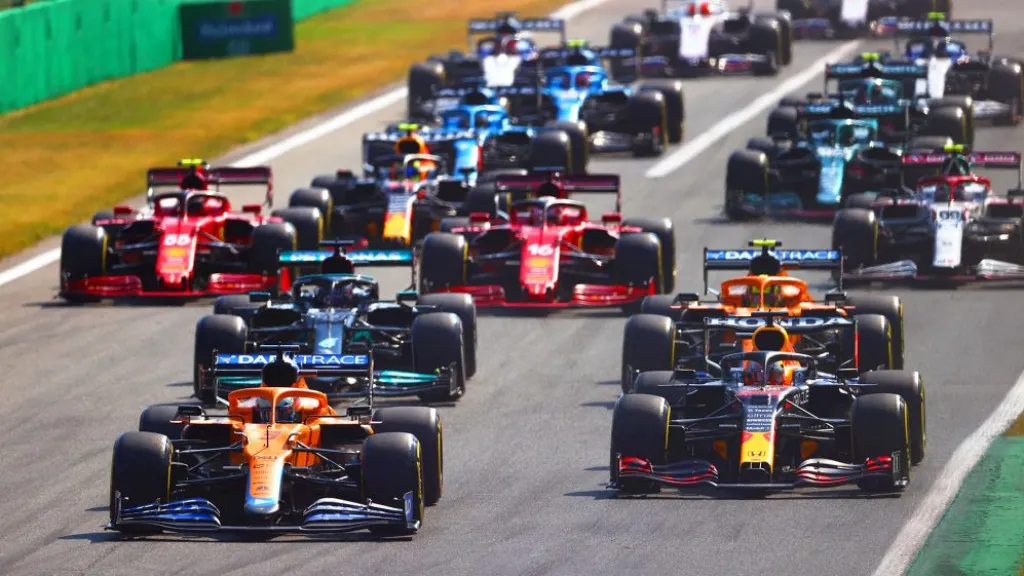German car manufacturers Audi and Porsche have announced their intention to join Formula One. Both marques are owned by Volkswagen, and the move has been confirmed by the chief Herbert Diess.
Porsche are expected to partner with Red Bull, while Audi are looking to buy out one of the existing teams, with McLaren, Aston Martin, and Williams among the possibilities.
The move has been contemplated by Volkswagen for some time. The board is finally convinced that the move will bring in more money than it costs. In part, the move was motivated by a desire to rival Volkswagen’s German rivals Mercedes, who have dominated the sport through the past decade.
Porsche are more advanced in their preparations than Audi. The timing of the decision was heavily influenced by new engine regulations that the sport will introduce in 2026. The engines will be electrified to a much greater extent, including with synthetic fuels. Given that it takes three to four years to develop an engine, now is the time to start the necessary ground work.
Volkswagen have not previously been involved with Formula One, but have collaborated with Red Bull in the world rally championship. After using Honda engines for years, Red Bulls have now set up their own Powertrains Division, who are focused on the 2026 changes.
F1 has an objective to have a net zero carbon footprint by 2030. The plan covers Formula One cars as well as the surrounding operations of the sport. A number of carbon reduction initiatives have already been implemented, and more are in process. The 2026 engine regulations have not been announced in detail but the direction of travel is clear.
F1 has a history of technological innovation, the advancements subsequently benefitting the wider automotive industry. These have included aerodynamic developments, safety enhancements, energy recovery systems, navigation tools, and use of composite materials.
With many Western governments pledging to phase out the sale of new petrol-driven cars in the next decade, the investment made now by the two German manufacturers may lead to features that form part of road vehicles of the future.

